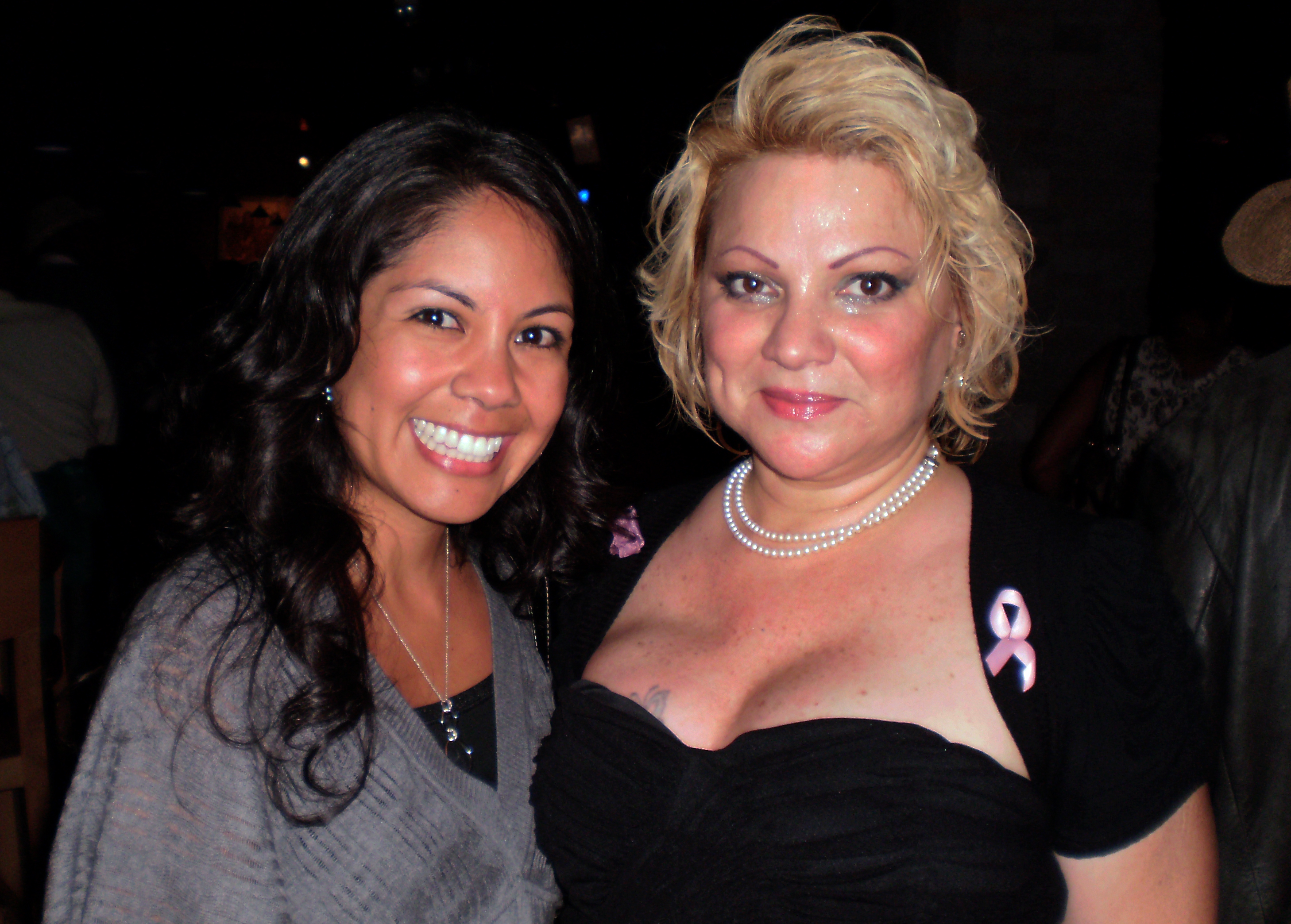Divorced and with no health insurance, Francesca Capasso felt hopeless.
Capasso, a 43-year-old Los Angeles resident, had felt a lump on her breast. Hesitant to investigate if it was harmful, she put off seeking medical attention at first. After a month, the tumor grew larger and she knew something was wrong.
A doctor then gave Capasso the diagnosis: stage two breast cancer.
But instead of feeling immediate concern about her disease, Capasso was preoccupied with her lack of health insurance, a predicament many find themselves in.
Six months before Capasso’s diagnosis, the UCLA Jonsson Comprehensive Cancer Center, along with the Avon Foundation, established the Avon Cares for Life program at Olive View-UCLA Medical Center to help low-income breast cancer patients. The program coordinates a counselor for patients to help them to navigate the treatment process.
Within the first 10 minutes her breast cancer diagnosis, Capasso met her counselor, Lori Viveros, who was able to help her with her financial concerns and assist her with Medi-Cal registration. Medi-Cal is a government program that financially supports low-income patients to get treatment, said Dr. Amin Mirhadi, faculty of radiation oncology at Cedars Sinai medical center.
“Lori was like an angel coming down from heaven,” Capasso said.
Capasso said Viveros came to all her appointments, was there for her, and listened to everything she said.
“I couldn’t believe that someone like me, where I was alone with no family here and with no health insurance was getting help from UCLA doctors, and to top it off, Lori was going to be my counselor,” she said.
The program is responsible for giving patients important information to comply with their treatment and to be the source they can go to when they don’t know where else to turn, Capasso said.
“We … let the patient know that we are there every step of the way,” Viveros said.
Mirhadi said Medi-Cal patients are only able to get care in public hospitals, and in the cases of the citizens of Los Angeles, they usually get to go to the best facilities.
Besides helping Capasso navigate through the breast cancer treatment, Viveros also advised her to get genetic testing for ovarian cancer. Based on her age, Capasso was predicted to carry a breast cancer gene highly linked to ovarian cancer.
With Viveros’s guidance, Capasso was tested for the gene and tested positive. Although Capasso has not yet been diagnosed with ovarian cancer, UCLA doctors were able to offer Capasso treatment to decrease the likelihood of her ever getting it.
Capasso said she believes that without this program and Viveros’ recommendation to take the genetic test, she would have never been offered this opportunity. She added that she’s been cancer-free for three years.
The Avon Cares for Life program is rarely offered at county hospitals, and Viveros said she believes it could serve as a model for other medical facilities. “People who donated to make this program possible have really made a difference in this community ““ they changed my life,” she said.
